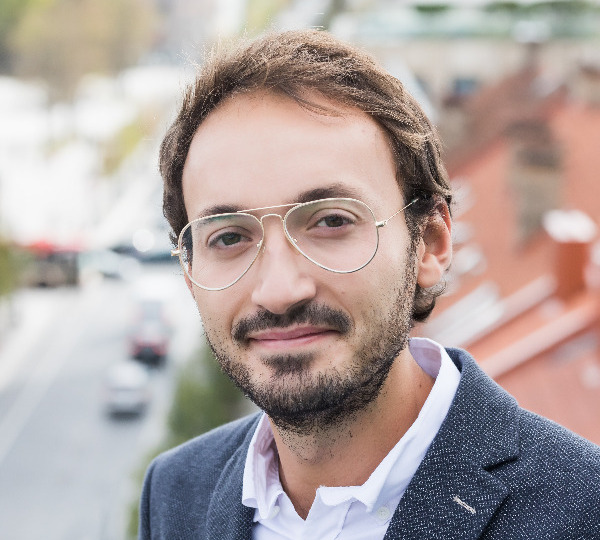
On April 23 2024, the IMISCOE PhD Academy hosted an online session focused on "Wellbeing and resilience during the PhD journey". Organized by Dr. Emmaleena Kakela and Dr. Cosmin Nada, members of the IMISCOE Training Committee, this event addressed challenges that PhD students usually face, such as imposter syndrome, isolation, and the precarious nature of academic careers. The session attracted a diverse group of students eager to reflect upon mental health and resilience in academia.
The session began with breakout sessions where attendees shared personal experiences of anxiety, imposter syndrome, and isolation within academic environments. This interactive segment allowed participants to identify common stressors and set the stage for deeper reflections from the guest speakers.
The first speaker, Taísa Oliveira from the University of Porto, presented her research on “Navigating academic careers in marketized universities”. She highlighted the shift towards individualistic narratives in academia, discussing how this increasingly competitive environment often forces academics to normalise overwork and self-exploitation, a phenomenon she referred to as the "passion trap". Her insights resonated with the experiences of many attendees who recognised these pressures in their own experiences.
Professor Yvette Taylor from the University of Strathclyde followed with a discussion on imposter syndrome in higher education. Drawing from her extensive research, including works like "The Palgrave Handbook of Imposter Syndrome in Higher Education", she delved into the socio-political roots of imposter syndrome. She emphasised the importance of understanding this issue within the broader context of structural inequalities and positionality.
Dr. Aline Courtois from the University of Bath reflected upon the previous presentations based on her work on precarity in higher education sector, particularly within the Irish context, namely “Precarity in the ivory cage: Neoliberalism and casualisation of work in the Irish higher education sector”. She reflected in more detail on the particular challenges of academic mobility and the stigmatisation of non-mobile academics, which highlighting the poignant inequalities that shape academic environments.
The session featured a guided Q&A segment, where speakers shared personal experiences on how to navigate imposter syndrome, prioritise wellbeing, and foster more inclusive academic environments. The idea of the "passion trap" and the normalisation of overwork were particularly relevant to think about the imposter syndrome as a socio-political issue. Together, these perspectives underlined how systemic pressures in academia can lead to both self-exploitative behaviours and feelings of inadequacy.
Professor Yvette Taylor emphasised the importance of collective action and systemic change, advocating for support networks both within and outside academia. Dr. Aline Courtois echoed this sentiment, adding that organising with others in similar positions can be empowering and help combat feelings of isolation and inadequacy. She also stressed the importance of doing research that one is passionate about, as it provides motivation and sustains engagement. Taísa Oliveira highlighted the significance of recognising and challenging colonial and gendered structures within academia, urging early-career researchers to critically engage with their environments and seek fair critiques that transcend personal biases.
In conclusion, this IMISCOE PhD Academy session underscored the importance of addressing wellbeing and resilience from a systemic perspective, advocating for structural changes and collective actions to create a more supportive academic landscape. If you would like to know more about this event, you can watch the recording of the session here.
